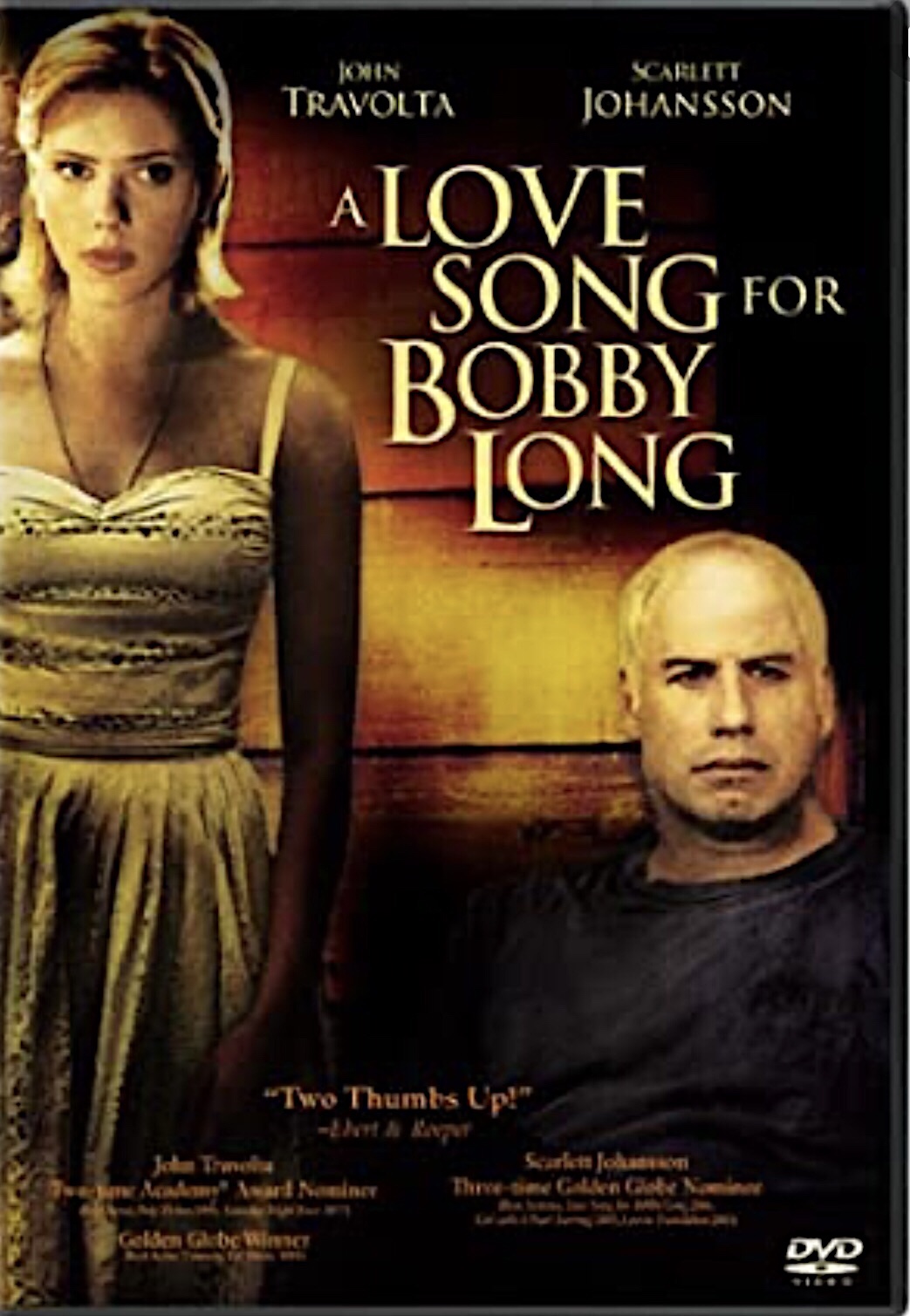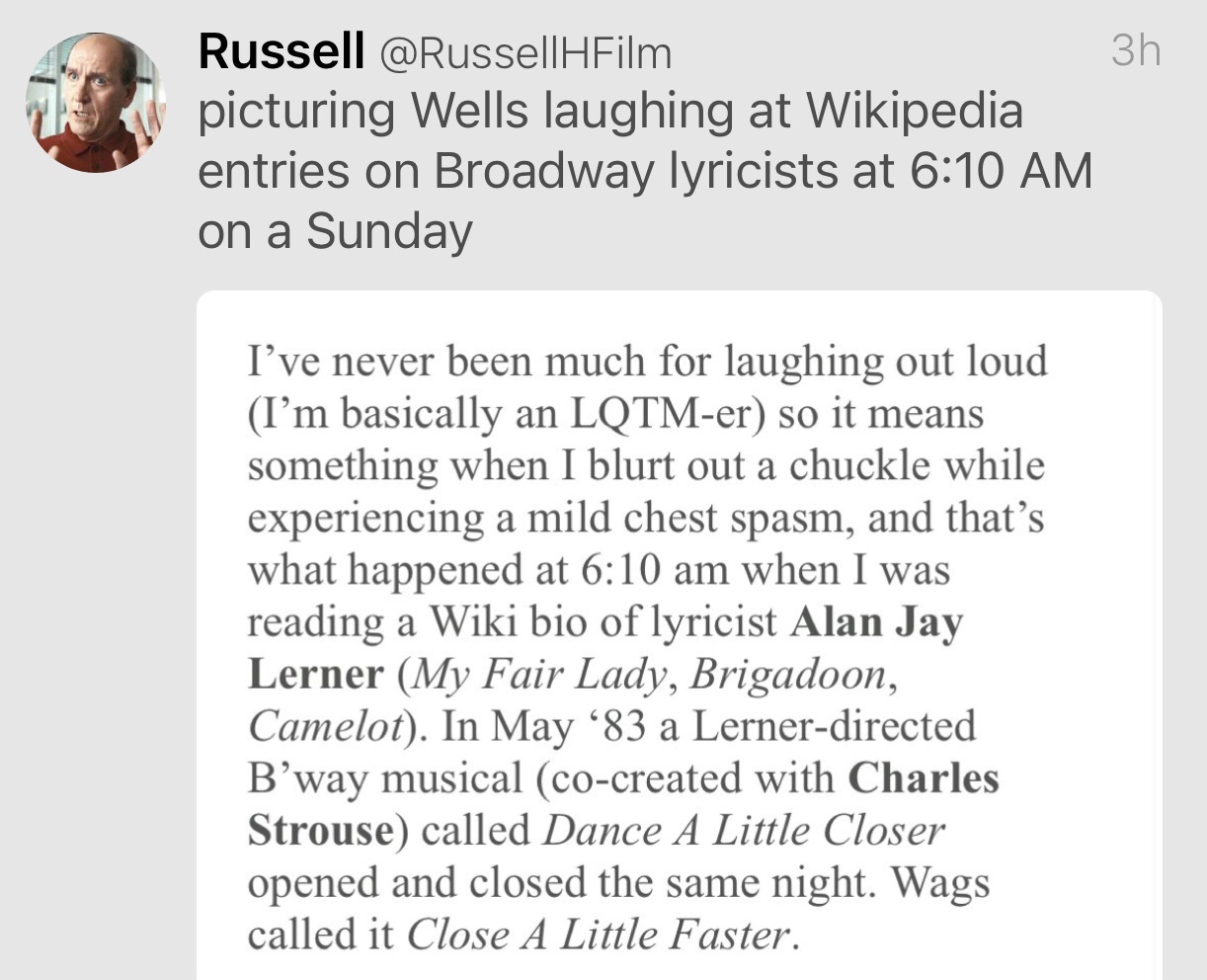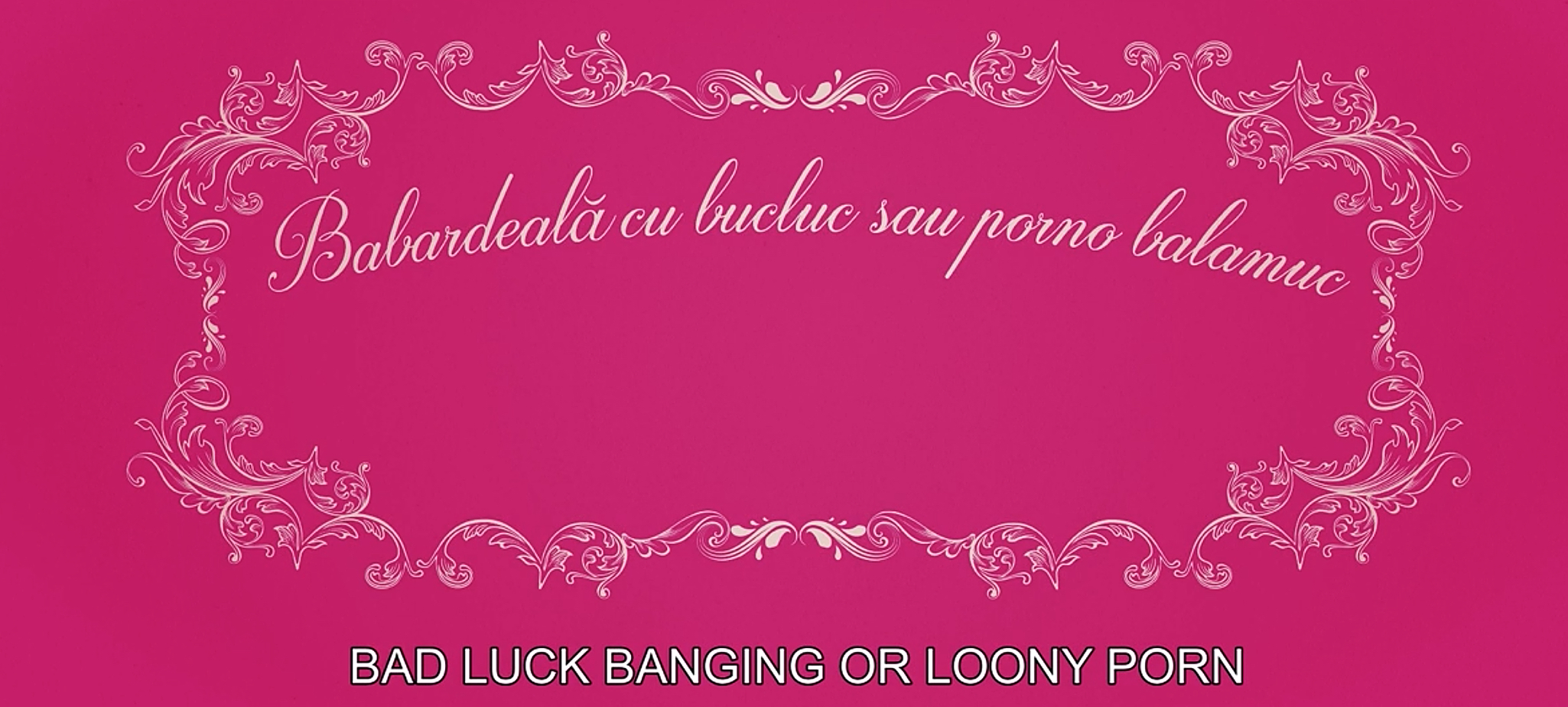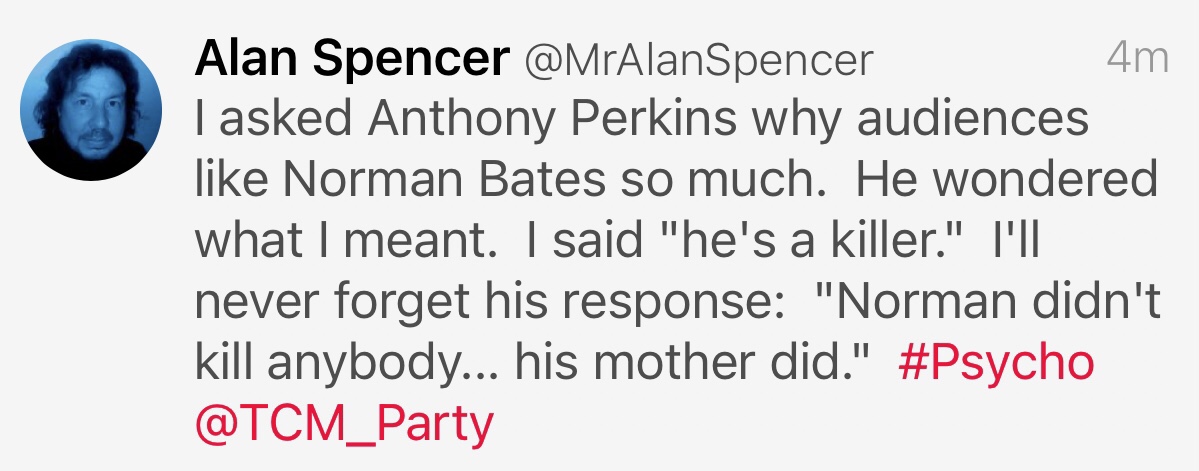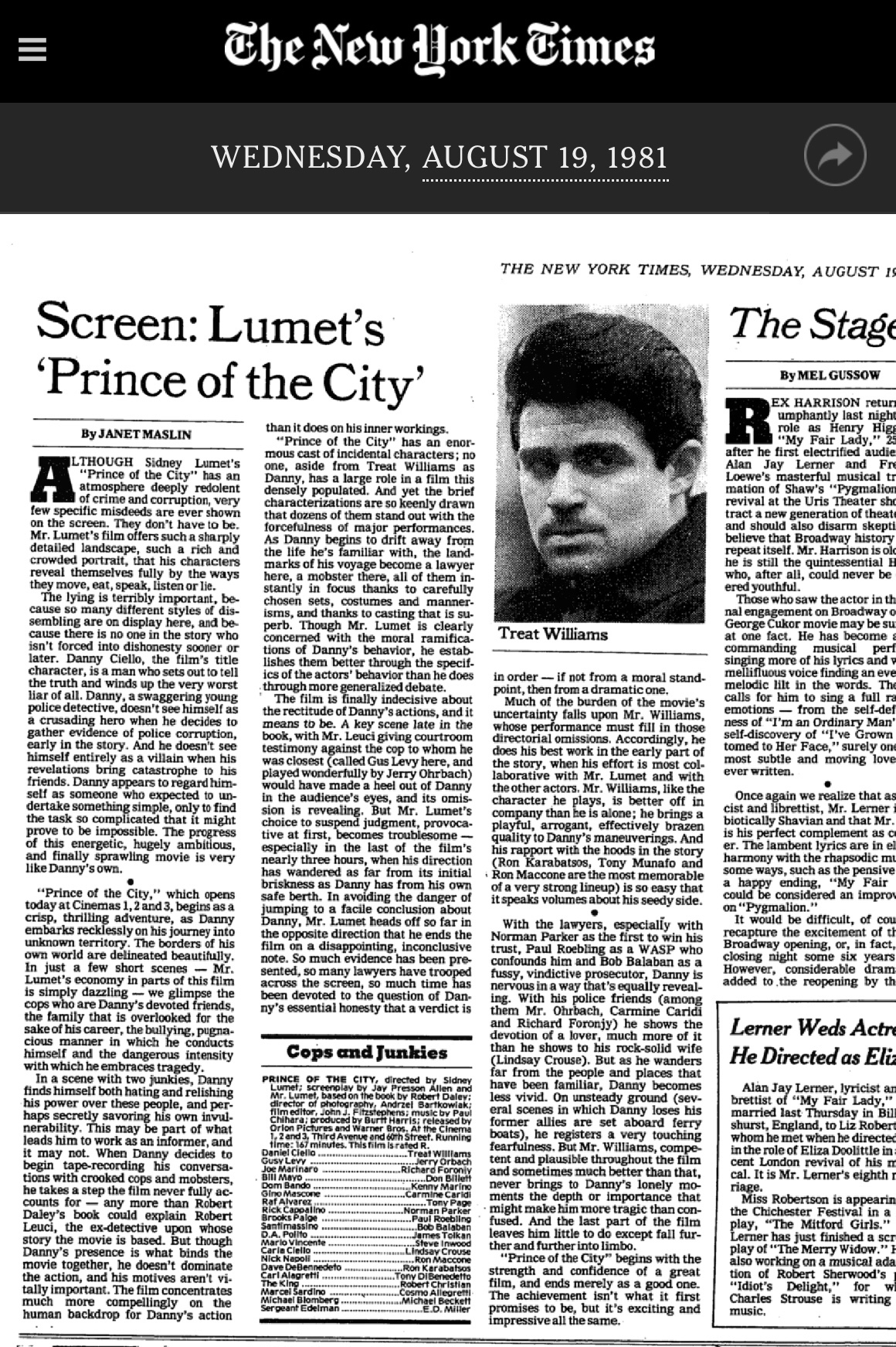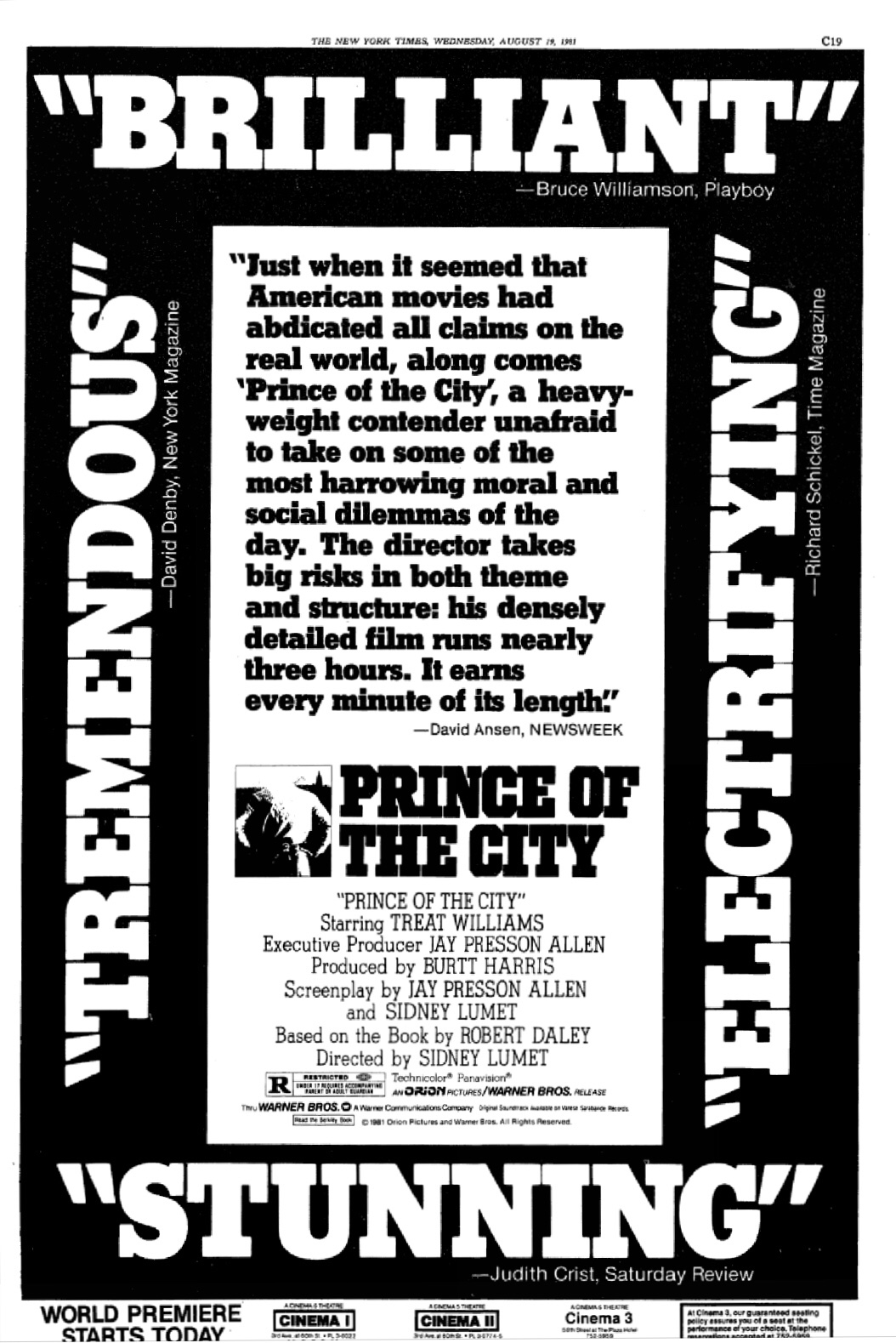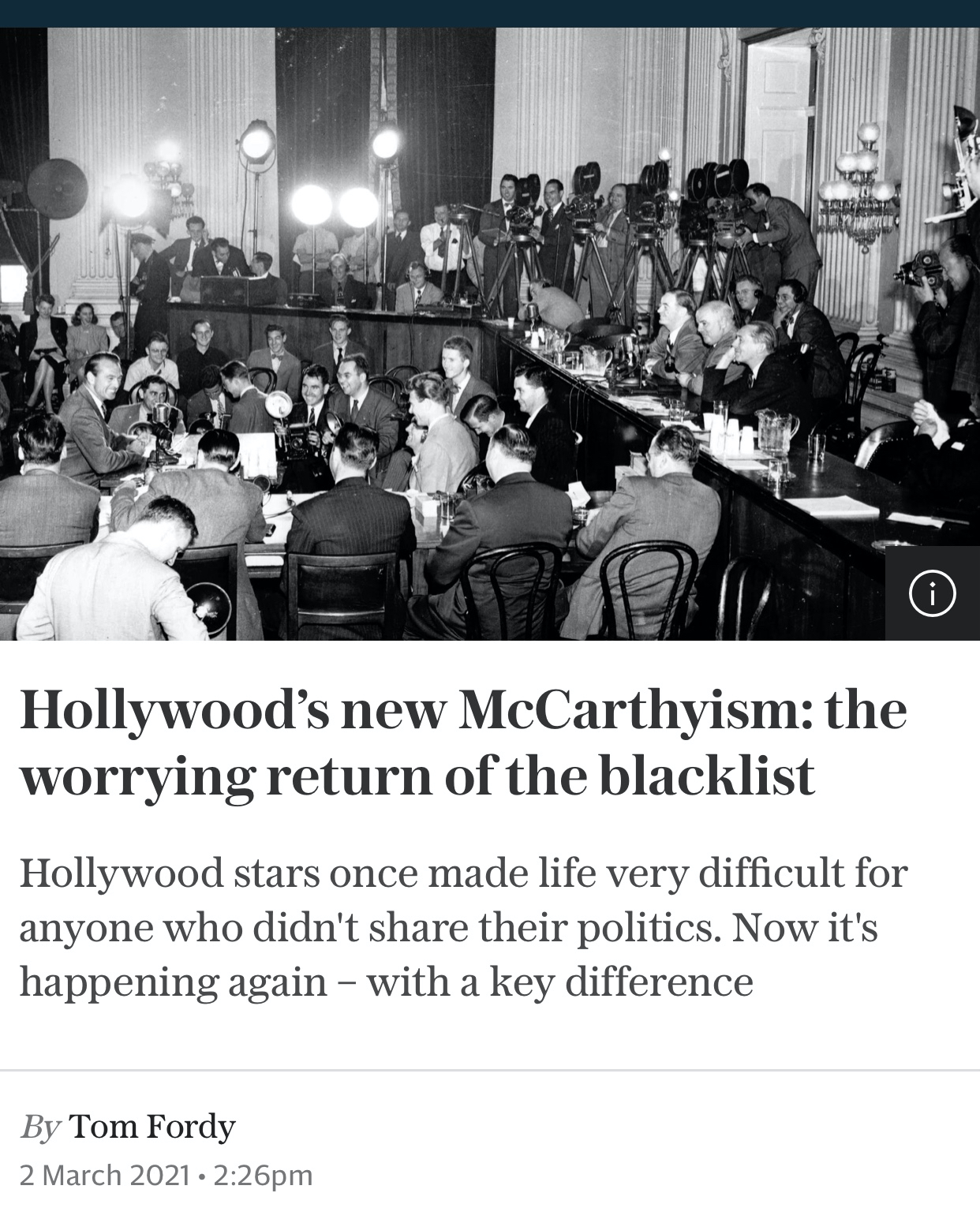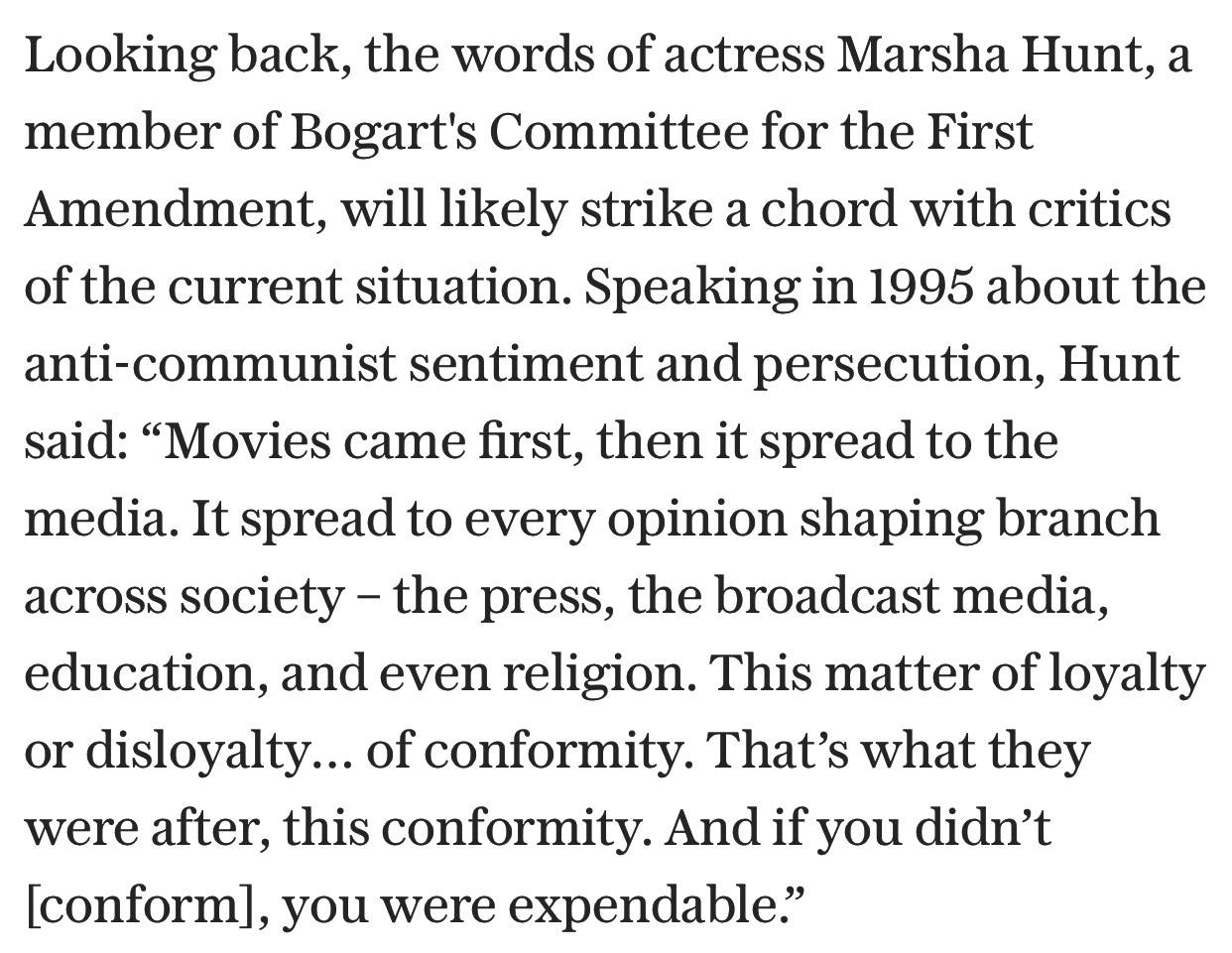On 11.3, ex-NY Times reporter Alex Berenson tweeted an aghast response to an 11.2 Times piece (written by Selam Gebrekidan, Matt Apuzzo, Amy Qin and Javier C. Hernández) about WHO Covid responses. “[This article] about how China has blocked the search into the origins of #sarscov2 is bizarre,” Berenson wrote. “It explains how the PRC (People’s Republic of China) won’t allow a real investigation, but DOES NOT EVEN MENTION the possibility of the virus [having] escaped from the Wuhan Institute of Virology.”
When Nicholson Baker‘s “The Lab Leak Hypothesis” was published on 1.4.21 in New York magazine, I was hesitant. I didn’t exactly wave it away, but I was reluctant to accept the lab-leak notion. I was still clinging to “dirty dead bats in the Wuhan wet market” theory.
“What happened was fairly simple,” Nicholson wrote. “It was an accident. A virus spent some time in a laboratory, and eventually it got out. SARS-CoV-2, the virus that causes COVID-19, began its existence inside a bat, then it learned how to infect people in a claustrophobic mine shaft, and then it was made more infectious in one or more laboratories, perhaps as part of a scientist’s well-intentioned but risky effort to create a broad-spectrum vaccine. SARS-2 was not designed as a biological weapon. But it was, I think, designed.
“Many thoughtful people dismiss this notion, and they may be right. They sincerely believe that the coronavirus arose naturally or ‘zoonotically.’ They hold that a bat, carrying a coronavirus, infected some other creature, perhaps a pangolin, and that the pangolin may have already been sick with a different coronavirus disease, and out of the conjunction and commingling of those two diseases within the pangolin, a new disease, highly infectious to humans, evolved. Or they hypothesize that two coronaviruses recombined in a bat, and this new virus spread to other bats, and then the bats infected a person directly — in a rural setting, perhaps — and that this person caused a simmering undetected outbreak of respiratory disease, which over a period of months or years evolved to become virulent and highly transmissible but was not noticed until it appeared in Wuhan.”
A little less than four weeks later, in the.1.29.21 edition of Real Time with Bill Maher, an assertion by biologist and evolutionary theorist Bret Weinstein and his wife and colleague Heather Heying, co-authors of “A Hunter-Gatherer’s Guide to the 21st Century”, backed up Nicholson. It made me feel very uncomfortable. Mainly because agreeing or even allowing for this possibility meant giving credence to a suspicion that Donald Trump had voiced for some time, which is that the odds that Covid might have originated with an accident out of a Wuhan lab (specifically the Wuhan Institute of Virology). The odds of that having happened, Weinstein saidm, were roughly 90%.
Maher to Weinstein and Heying: “We’ve heard a lot recently about the possibility that the coronavirus did start in a lab. Let’s talk about that. The fact that there is this lab…I think it’s the only one in the world quite like it, [and located] in Wuhan, where the whole thing started. It would almost be a conspiracy theory to think it didn’t start in a lab.
“And that theory was demonized at first — ‘Oh, come on, that’s conspiracy thinking, that it started in the lab.’ But it’s certainly a 50-50…would you say that?”
Weinstein: “Oh, it’s far more likely than that. I think I said last June that the chances it came from a lab were about 90%. This was never a conspiracy theory. In fact that term was used to simply make it go away. It’s an obvious hypothesis that is in need of testing, and we are only now, a year [into the pandemic], getting to the point where we can discuss it out loud without being stigmatized.”
This morning I watched a two-month-old “Joe Rogan Experience” with Berenson, and again I was thinking that it felt real. No proof and no smoking gun, but the fact that the mainstream liberal media won’t even touch this because they feel it would make them sound racist…I’m feeling more and more suspicious about this whole thing. It makes me sick to be anywhere close to the same side of this issue as Trump, but I can’t let my anti-Trump revulsion be the end-all and be-all.

